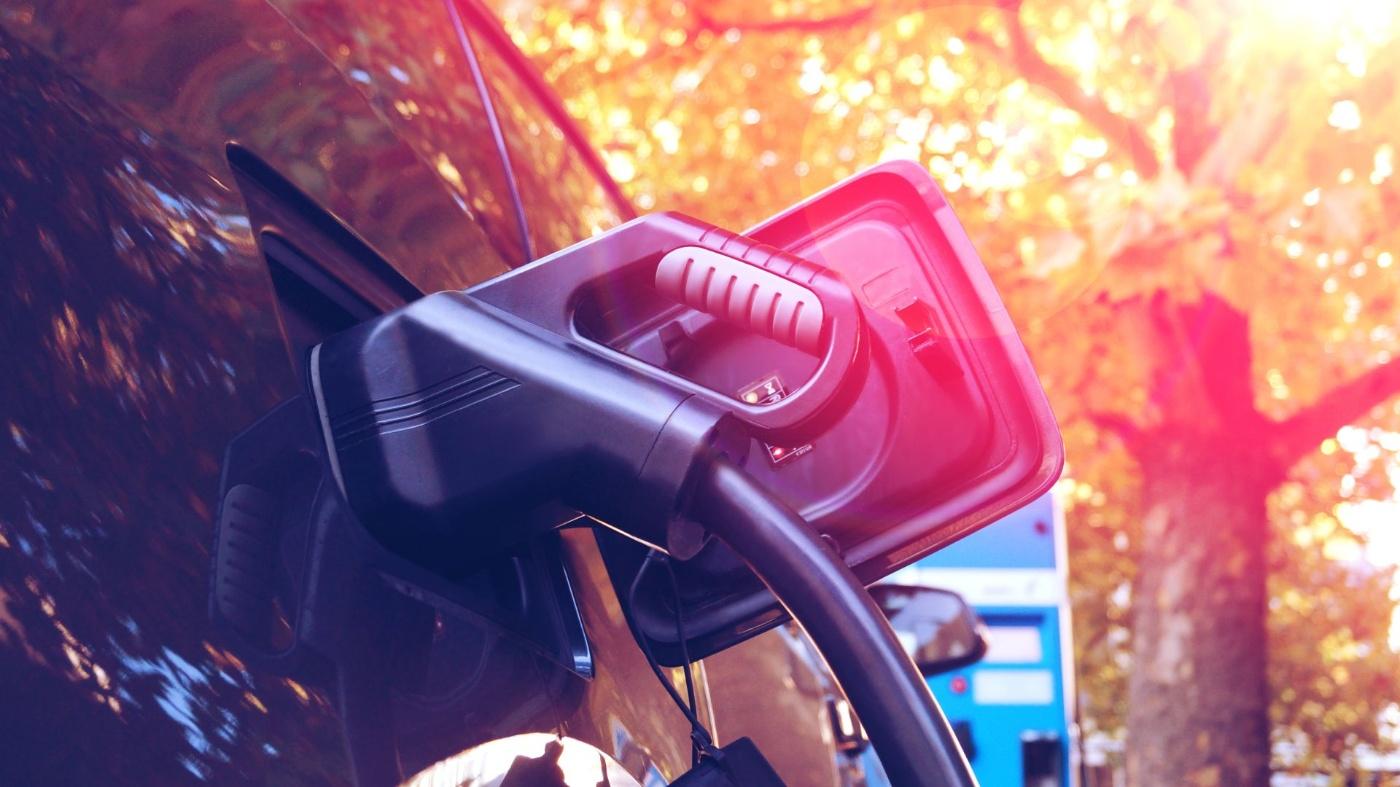
The 15-point plan
Make electromobility a success
It will take ambitious goals to further accelerate e-mobility in Germany. We have summarized them in a 15-point plan for the future.
It will take ambitious goals to further accelerate e-mobility in Germany. We have summarized them in a 15-point plan for the future.
- Topics
- Electromobility
- The 15-point plan
1. Record investments
The automotive industry is committed to the climate targets set by the Paris Agreement and is investing around 150 billion euros in electromobility (e-mobility), new drive systems, and digitization by 2025. This is roughly the same amount as the federal budget invests in education and research, including space travel, over the same period. Unlike the state, companies have to recoup their investments. This is why creating the right location and framework conditions is an important prerequisite for the success of the transformation and thus also for achieving the climate protection goals.
2. Accelerate expansion of charging station network
By 2030, Germany needs more than one million charging points for electric cars and electric light commercial vehicles. To achieve this, more than 2,000 new charging points need to be installed each week. However, only around 300 are currently being built on public land each week. A nationwide high-speed program with concrete targets for the German states and municipalities is needed to catch up. The same applies to the EU as a whole.
3. Charging at work
The development of charging points at employers' premises must be accelerated with a program dedicated to promoting the installation of charging points at companies. This requires a well-funded incentive program on the part of the federal government. The funding scheme planned by the government should be implemented quickly.
4. Charging at home
Electric cars must be able to be charged at home. This will be aided by a further increase to the wall box program and an additional subsidy program for the compulsory installation of charging points in underground garages and multi-story car parks, both retroactively and in all new buildings.
5. Charge while you shop
The development of charging points outside stores must be accelerated. This requires an even larger subsidy program and abandoning the requirement that these charging points must be available 24/7.
6. Price guarantee
The electricity used for charging must always be 100% from a green source and kept permanently inexpensive. To this end, for example, the electricity must be exempt from the EEG surcharge and electricity taxes.
7. Europe guarantee
Citizens want to travel to other European countries with their EVs, for example on vacation. Goods and merchandise transported by e-truck are equally European. The German government must also help at the European level to vastly accelerate the development of the charging infrastructure and ensure that all European countries have a reliable charging network. The European Commission must accept responsibility for this task.
8. Support buyers of EVs
The purchase of low-CO₂ vehicles (passenger cars and light commercial vehicles) must continue to be supported. The environmental bonus should thus be backed by the German government with sufficient financial resources beyond 2022.
9. Smart payment at charging stations
We want citizens to be able to apply their user contract at every charging station (contract-based charging). We also reject the German government's plan to equip all new charging stations with outdated and superfluous technologies such as card readers. This requires a change to the charging station ordinance before the end of this legislative period.
10. Fast charging quota
To reduce the number of charging points required, we recommend further increasing the proportion of fast charging stations. This saves space, is generally more economical, and increases customer benefits. The power grid must also be developed accordingly so as to provide the necessary power.
11. Make truck traffic free of fossil fuels
The switch to e-trucks must be promoted more strongly and the accompanying infrastructure built up quickly with charging points along the main transport axes and in the depots. This requires an ambitious expansion plan on the part of the federal, state, and local governments, as well as larger incentive programs from the federal government. But the amendment to the Electromobility Act is also an important milestone in terms of the legal conditions: Commercial vehicles weighing more than 3.5 tons must be included in the Act.
12. Make electromobility sustainable
We need to develop business models in the battery sector for setting up recycling structures so as to lower the dependence on imported raw materials. One possibility, for example, is reducing the export of used traction batteries.
13. Research, development, and more qualifications
Many companies in the automotive industry, particularly among suppliers, are having to restructure production and retrain their workforces. This has considerable consequences for the employees affected. In addition to the major efforts of the companies concerned, there is a need for government programs supporting development and training.
14. Turn EVs into electric storage
Traction batteries can serve as storage for the power grid. To achieve this, the appropriate legal requirements and financial incentives for e-car owners must be quickly defined. In this way, e-car owners can "serve" the grid while profiting from it.
15. Annual report on e-mobility
The tasks for the development of the charging infrastructure and the incentive schemes are divided among several federal ministries, the states, and municipalities, as well as the European Union. Starting in 2022, the German government should present an annual report to the public on the expansion of the charging infrastructure in Germany, on the funding programs, and on the status of all other fields of action. The EU Commission should do the same for all of Europe.




